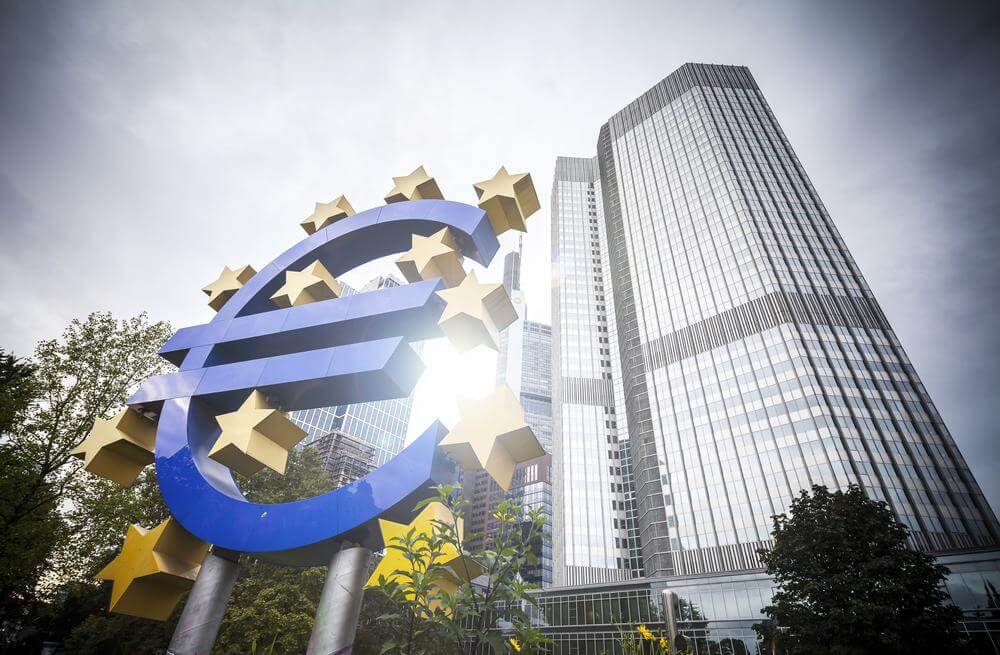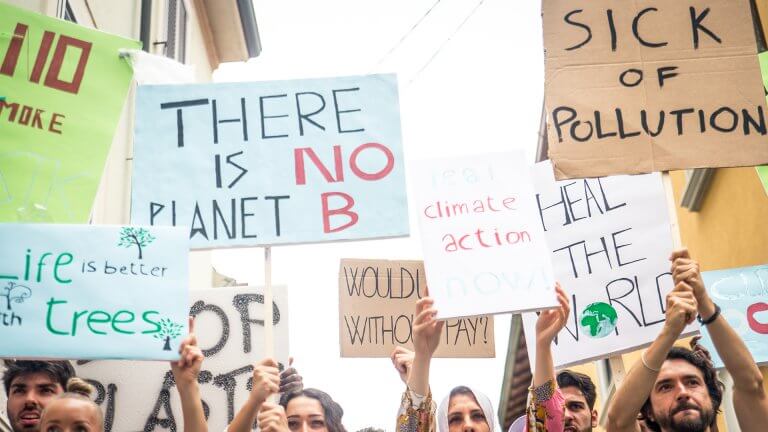The European Central Bank (ECB) voted to leave rates unchanged today, as expected. The main borrowing rate remains at 0.05%, while the deposit rate stands at -0.2% and the marginal lending facility at 0.3%. ECB President Mario Draghi also gave details of the asset-backed securities purchase programme announced last month, saying that it could include Greek and Cypriot securities but refusing to give an estimate of its planned size.
The pressure on the ECB shows no sign of abating. The Eurozone unemployment rate for August, released this week, stayed at 11.5%, little down from its all-time high of 12.0%. The same day we learnt consumer price inflation dropped from 0.4% to 0.3%. Part of this is due to the large fall in energy costs, but core inflation – which strips out this source of volatility – also fell from 0.9% to 0.8%, demonstrating the weakness of demand. The ECB is meeting in Naples today, after Italian youth unemployment rose to a record 44.2%. Anger at the ECB burst out into the streets, with protestors criticising the bank and the austerity policies which have come to be associated with it. European stock markets fell this morning, with other major markets following.
Reflecting this mood, Draghi yesterday compared the ECB’s task to that of Hercules, using the metaphor of the many-headed Hydra which grew two new heads each time one was cut off. Weak growth and low-flation – which threatens to turn into deflation – has replaced the sovereign debt crisis of 2010-12 as the main economic danger.
The ECB is increasingly powerless to tackle these new threats: it has already lowered rates beyond what was thought possible, launched long-term refinancing operations and announced an asset-backed securities purchase programme. The implemented measures have yet to strengthen demand and many think the ABS programme will not be enough. Its only remaining option is full quantitative easing through sovereign bond-buying, something that will be resisted by the Bundesbank for as long as possible. The aggregate demand deficiency also suggests a role for fiscal policy – hence today’s anti-austerity protests – yet that remains entirely beyond the ECB’s remit.
This did not stop Draghi from mentioning fiscal policy, though he reiterated that member states needed to stick to the EU’s stability and growth pact. Cebr’s view remains that full quantitative easing is necessary (although probably not sufficient) to raise the growth rate. But we expect that the ECB will delay for some months before introducing such a policy.
























